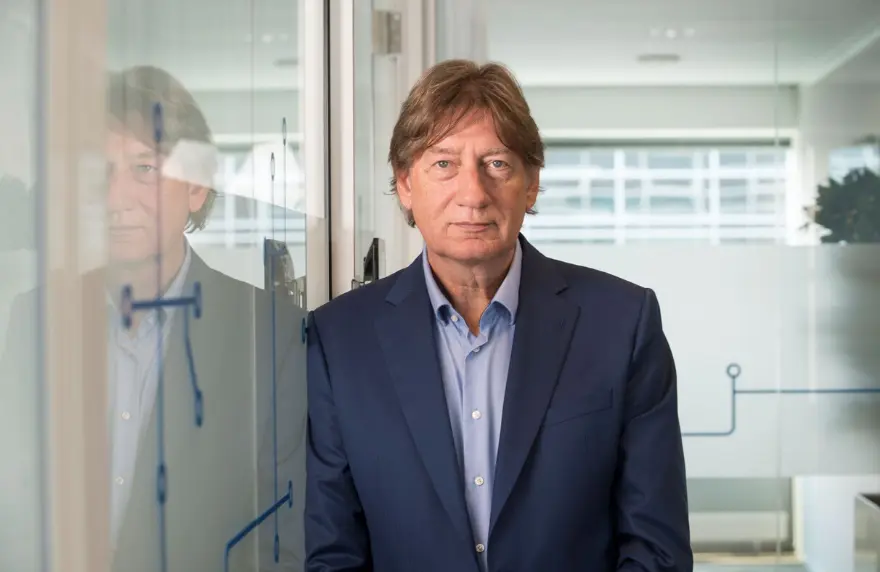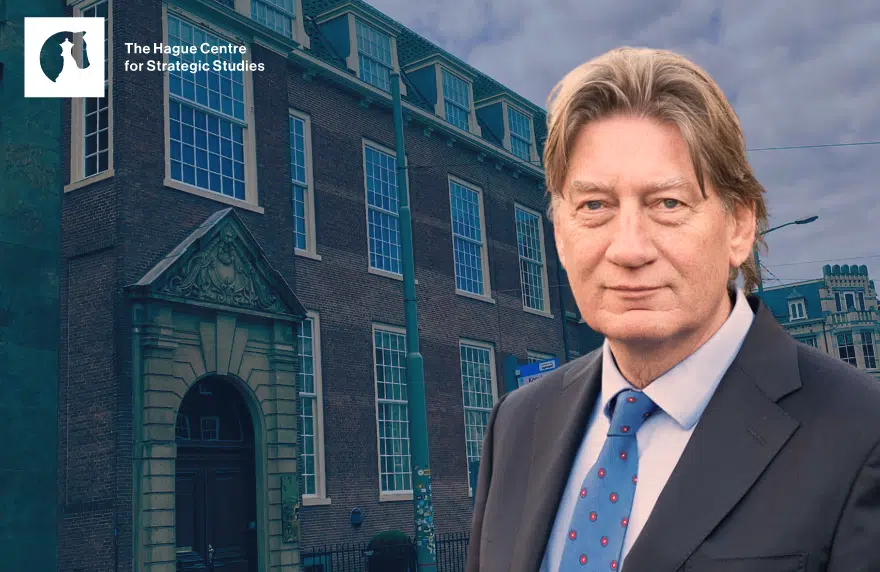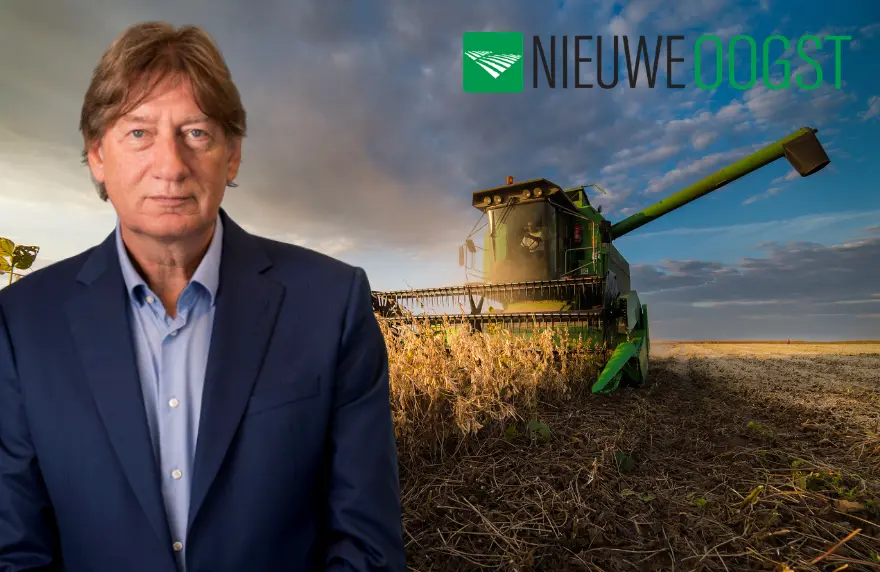Nederland heeft de neiging om zijn eigen problemen te creëren. Neem de energietransitie. Een van de onuitgesproken aannames is dat Nederland op energiegebied zelfvoorzienend moet worden. Dus plempen we de Noordzee en delen van het vasteland vol met windmolens en zonnepanelen. Omdat we het daarmee niet gaan redden is een discussie over kernenergie en waterstofgas gestart.
Waterstofgas van de Saoediërs
Een andere oplossing is energie importeren. Dat is zelfs onvermijdelijk als het burgerlijk verzet tegen windmolens, zonneparken en kerncentrales verder aanzwelt. Voorzichtig beginnen we te erkennen dat we bijvoorbeeld voor de import van waterstofgas afhankelijk worden van landen als Marokko en Saoedi-Arabië, net nu we dachten van de Saoediërs verlost te worden.
Iets dergelijks speelt met de stikstofcrisis. De boeren in rep en roer, milieuactivisten blij, toen deze week een nieuw rapport van het Planbureau voor de Leefomgeving (PBL) verscheen. Mogelijk zullen uit de ‘stikstofgevoelige provincies’ Gelderland, Overijssel en Noord-Brabant de veehouderij en akkerbouw verdwijnen.
Maar zelfs bij een volledig vegetarisch dieet komen er nog steeds broeikasgassen vrij. Nul emissie is volgens het PBL onmogelijk, tenzij de hele agrarische sector wordt afgeschaft. Maar dan verplaatst de uitstoot zich naar omringende landen, want we zullen blijven eten.
Onoplosbaar probleem
Bovendien importeren we zoveel broeikasgassen dat alle maatregelen tezamen onvoldoende zijn om onder een natuurvriendelijke stikstofgrens te komen. Kortom, er is een onoplosbaar probleem.
Het PBL stelt dat het ook een zelf gecreëerd probleem is. De stikstofcrisis is volgens het PBL een nationale crisis ‘die voortkomt uit plaatsgebonden natuurproblematiek’. Lees: de verwevenheid van landbouwgrond met Natura-2000 gebieden. Terecht merkt het planbureau op dat de klimaatproblematiek mondiaal van aard is en dat er geen noodzaak is om bij het halen van klimaatdoelen de maatregelen geografisch te concentreren.
Voordat de politiek besluit tot een nog ingrijpender verbouwing van deze sector, is het goed af te wachten hoe de onderhandelingen binnen de EU zich ontwikkelen. Elke lidstaat hoeft niet eigenstandig nul emissies te bereiken. Ook is het technisch mogelijk om de klimaatdoelen te halen en veestapel en landbouwareaal te handhaven. Makkelijk is het niet, maar dat geldt ook voor de energietransitie.
Korte-termijnbeleid
Cruciaal is dat Nederland weet wat het wil. Die visie lijkt momenteel niet verder te komen dan meer windmolens en minder koeien. Langetermijndoelen proberen we met een onsamenhangend nationaal korte-termijnbeleid te bereiken.
Maar hoe verhoudt zich dit tot de Europese energietransitie en de Green Deal die in 2050 de hele EU klimaatneutraal wil maken? Ik hoor te weinig over de route daarnaartoe en de gevolgen van die transitie. Uit een recente studie van het Amerikaanse ministerie van landbouw bleek dat het doorvoeren van de Green Deal tot een teruggang van de Europese landbouwproductie van 7 tot 12 procent zal leiden. De voedselprijzen zullen stijgen, de voedselzekerheid wordt aangetast, de Europese economie krimpt en de arme landen worden hard geraakt.
Nederland als landbouwnatie ook, voeg ik daar aan toe. Ik ben voor vergroening, maar die moet dan wel hand in hand gaan met een plan hoe we Nederland en Europa welvarend en veilig houden.
Minder koeien, meer windmolens. Is dat het Nederlandse antwoord op de stikstofcrisis? | Trouw
Rob de Wijk is hoogleraar internationale relaties en veiligheid aan de Universiteit Leiden en oprichter van het Den Haag Centrum voor Strategische Studies (HCSS). Hij schrijft wekelijks over internationale verhoudingen. Lees zijn columns hier terug.





